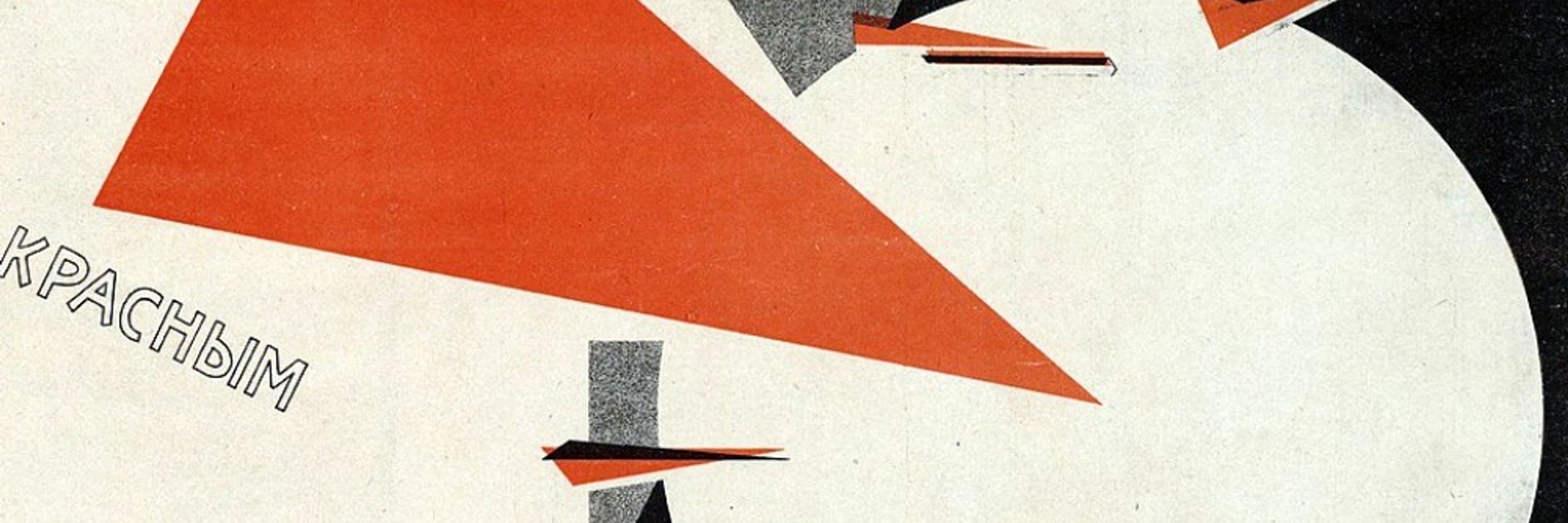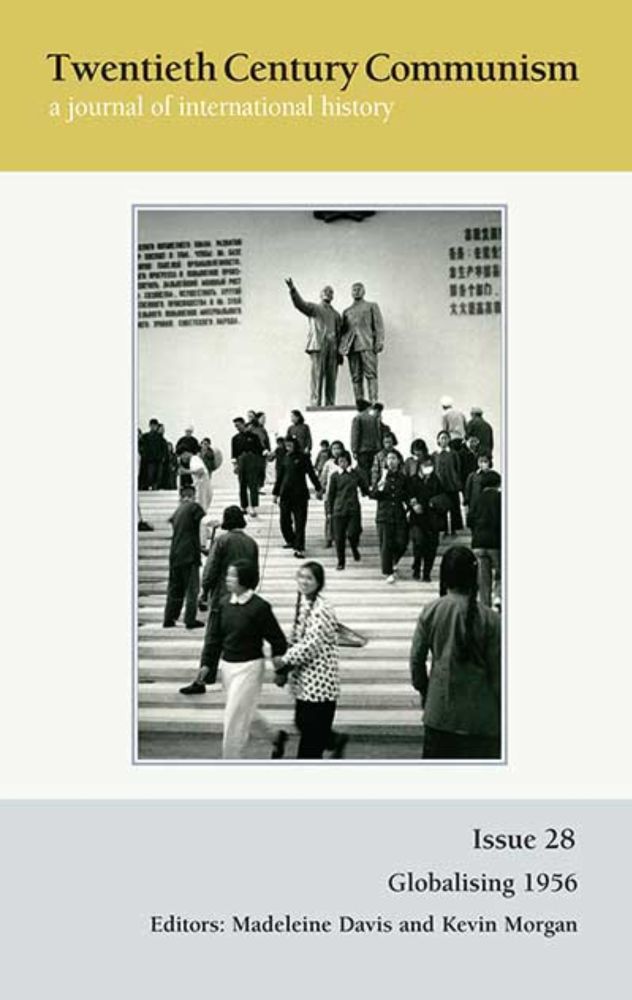Twentieth Century Communism journal
@20thccommunism.bsky.social
1.4K followers
240 following
140 posts
Twentieth Century Communism is a journal of communist history and theory from across the globe. Posts about radical history, and its writing and research. Published by Lawrence & Wishart.
Posts
Media
Videos
Starter Packs
Reposted by Twentieth Century Communism journal
Reposted by Twentieth Century Communism journal
Reposted by Twentieth Century Communism journal
Reposted by Twentieth Century Communism journal
Reposted by Twentieth Century Communism journal
Reposted by Twentieth Century Communism journal
Reposted by Twentieth Century Communism journal
Reposted by Twentieth Century Communism journal
Reposted by Twentieth Century Communism journal
Reposted by Twentieth Century Communism journal
Reposted by Twentieth Century Communism journal
Reposted by Twentieth Century Communism journal
Reposted by Twentieth Century Communism journal
Reposted by Twentieth Century Communism journal
Reposted by Twentieth Century Communism journal
















